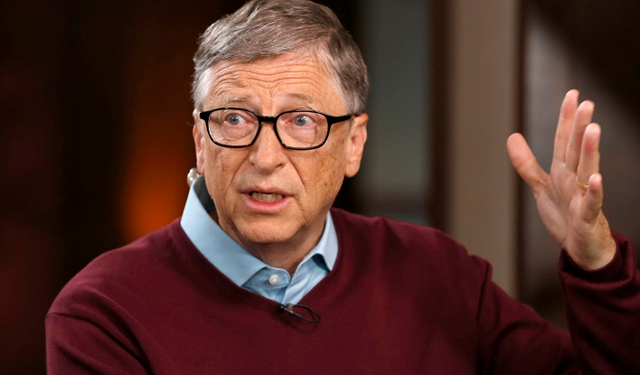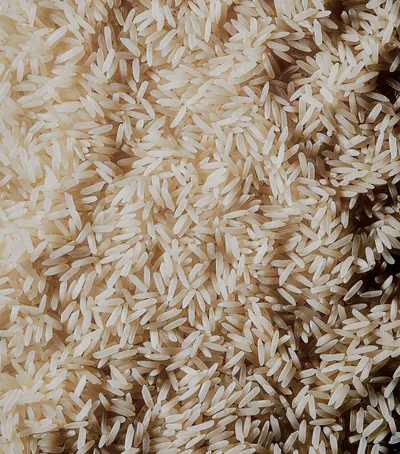
When historians write the COVID-19 pandemic book, what we are living so far will probably show only 1/3. Much of the story will be what happens next.
In most of Europe, East Asia and North America, the peak of pandemic will have passed by the end of this month.
After a few weeks, many hope that things will return to the way they were in December. Unfortunately, this will not happen. I believe that humanity will be able to overcome this pandemic, but only when the majority of the population is vaccinated. Until then, life will not return to normal.
Even if the governments of each country lift the quarantine rules and allow businesses to open, people will have a great fear that they may expose themselves at any time to the disease.
Airports will no longer have large crowds. The matches will be played in empty stadiums. The world economy will be depressed because demand will remain low and people will continue to spend less.
As the pandemic slows down in developed countries, it will accelerate in developing countries. However, their experience will be worse anyway. In poorer countries, less work can be done remotely, so closure measures will not work. The virus will spread quickly and health systems will not be able to care for the infected. Covidi defeated places like New York, although the data show that a single hospital in Manhattan has more intensive care beds than most African countries, all taken together. Millions may die.
Powerful nations can help, for example, by ensuring that critical supplies do not reach the highest bidder, but that the people of rich and poor countries are equally secure until we have the only solution. virus, vaccine.
Over the next year, medical researchers will be among the most important people in the world. Fortunately, even before this pandemic, they were making giant strides in vaccinology. Conventional vaccines teach your body to recognize the shape of a pathogen, usually by introducing a dead or weakened form of the virus. But there is also a new type of immunization that does not require researchers to spend time increasing large volumes of pathogens. These vaccines use the genetic code to give instructions to your cells on how to create an immune response. They can probably be produced faster than traditional vaccines.
My hope is that by the second half of 2021 a vaccine will be produced worldwide. If this were to happen, it would be a historic achievement: humanity has never been faster than recognizing a new disease in immunization against it.
In addition to this advancement with vaccines, two other major medical advances will emerge from pandemics. One will be in the field of diagnosis. The next time a new virus comes out, people will probably be able to test it at home in the same way they test for pregnancy. Instead of urinating on a test, they will blow their noses to get the result.
The third breakthrough will be antiviral drugs. So far, this has been a branch in which investment has been neglected. We have not been as effective in developing drugs to fight viruses as we are in fighting bacteria. But that will change. Researchers will develop different types of antivirals. They will be able to scan and quickly find effective treatments for new viruses.
All three technologies will prepare us for the next pandemic, allowing us to intervene early, when the number of cases is still very low. But basic research will also help us fight existing infectious diseases, and even help advance cancer cures. (Scientists have long thought that 'mrna' vaccines could lead to a vaccine against cancer. So far, there has been little research on how they can be produced en masse and at somewhat affordable prices.)
Our progress will not be in science alone. It will also be in our ability to make sure everyone benefits from this science. In the years after 2021, I think we will learn as we did after 1945. With the end of World War II, leaders built international institutions like the United Nations to prevent more conflicts. After Covid-19, leaders will prepare institutions to prevent another pandemic.
These will be a combination of national, regional and global organizations. I expect them to participate in "microbial games" just as the armed forces participated in war games. These will keep us ready for the next time, when a new virus is transmitted from bats or birds to humans. This union will also prepare us if a bad man will create an infectious disease in a home-made laboratory and try to fight the world with it. By practicing against a pandemic, the world will defend itself against a bioterrorist act.
Globalism cannot be extinguished, it must continue! That is why!
I hope that rich nations, even the poorest ones, will be involved in these preparations, especially paying attention to the construction of their primary health care systems. Isolated people, as well as governments, must agree. This pandemic has shown us that viruses do not obey the laws of boundaries and that we are all biologically connected by a network of microscopic microbes, whether we like it or not. Even if a new virus appears in a poor country, we want the doctors of this country to have the ability to detect it and fight it as soon as possible. History does not follow a certain direction. People choose which direction to take and can make the wrong turn. The years after 2021 may be similar to the years after 1945. But the best analogy for today (the moment we talk) may be November 10, 1942. Britain had just won its first battle in the war, and Winston Churchill said in a speech: "This is not the end. It is not the last beginning either. But perhaps it is the end of the beginning."
* Source The Economist / TiranaPost





